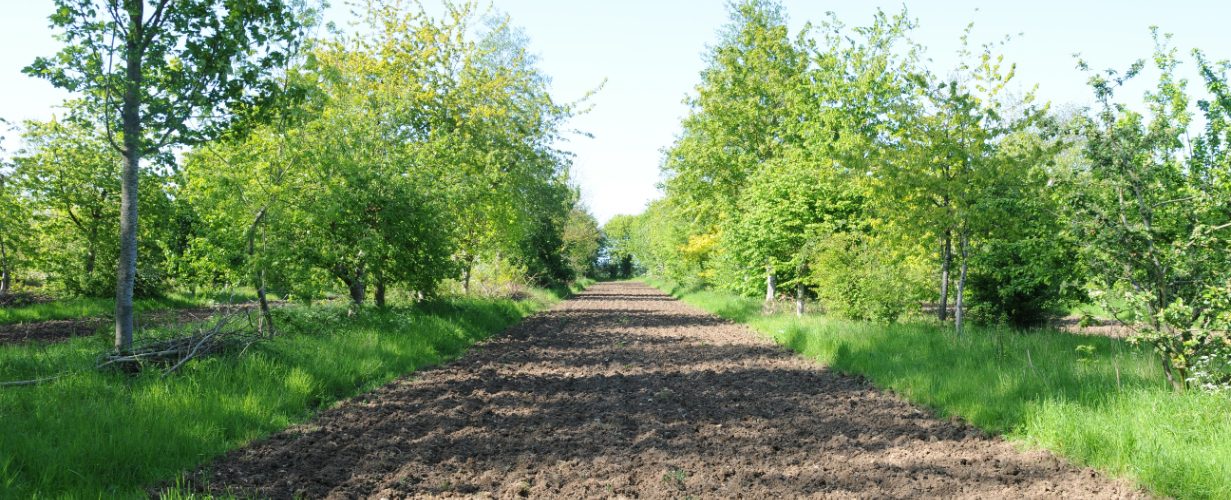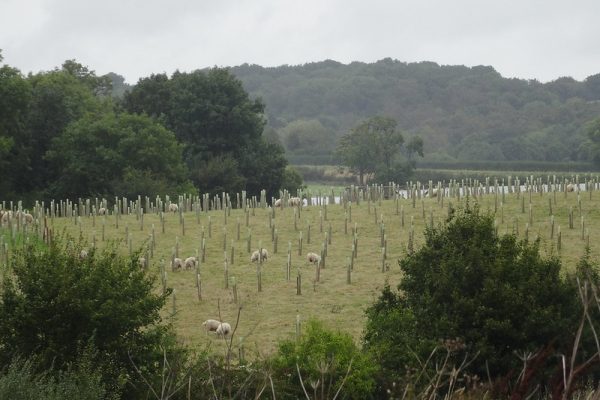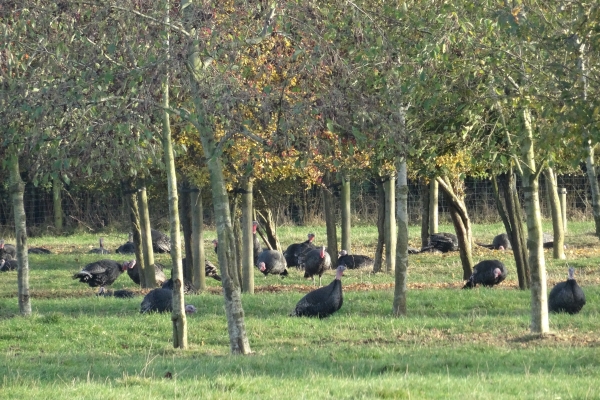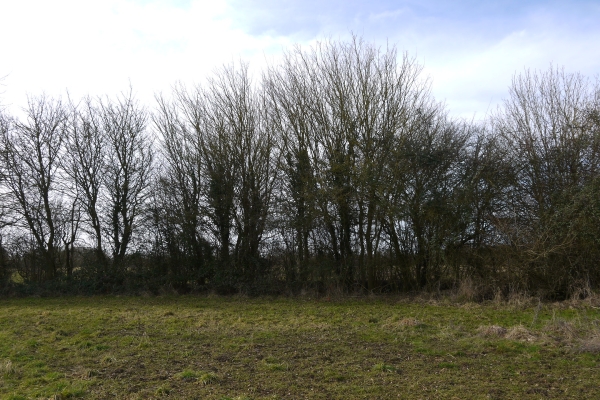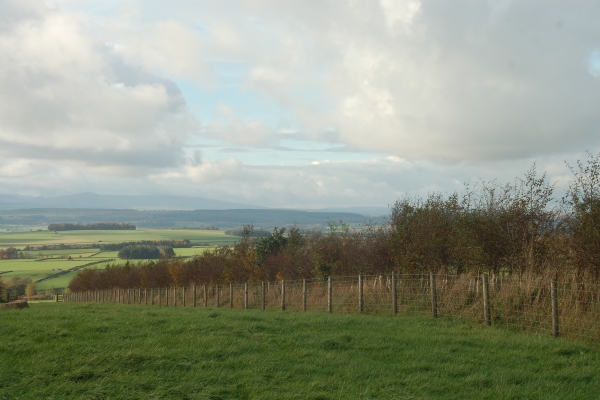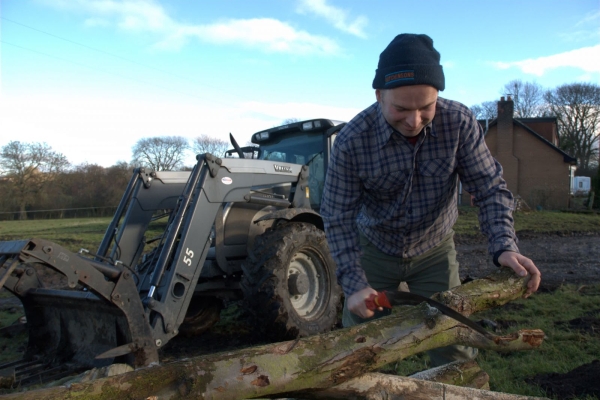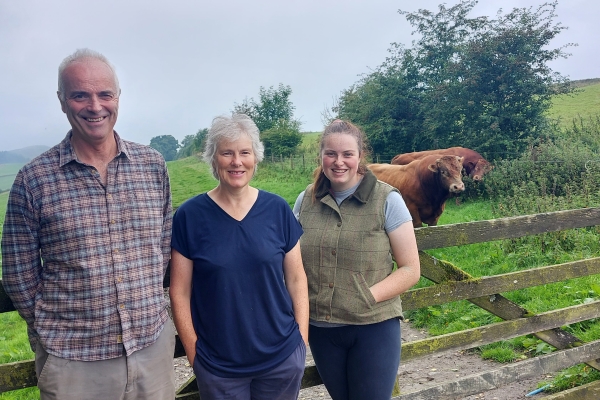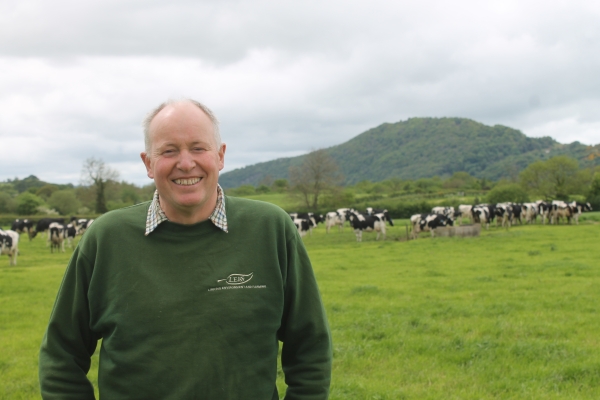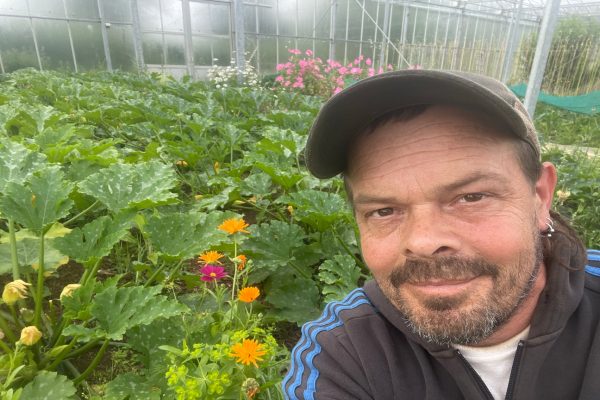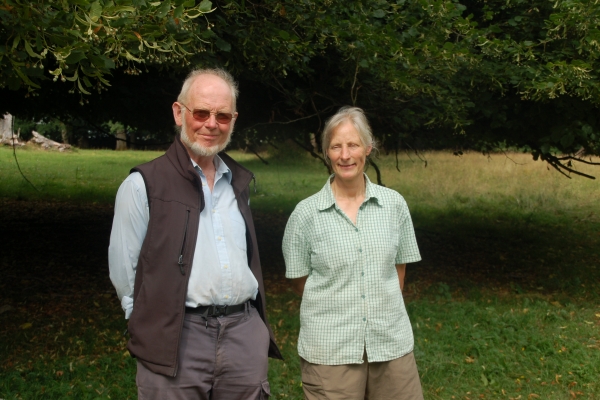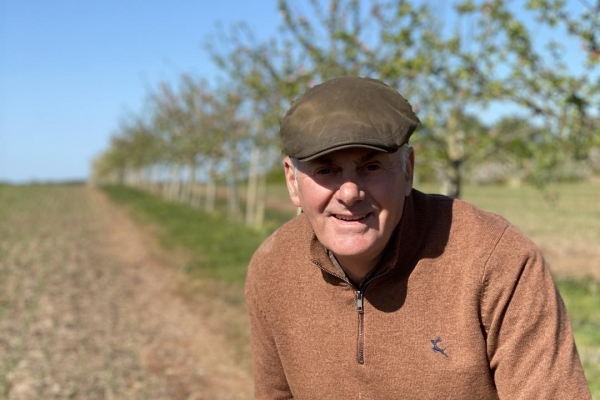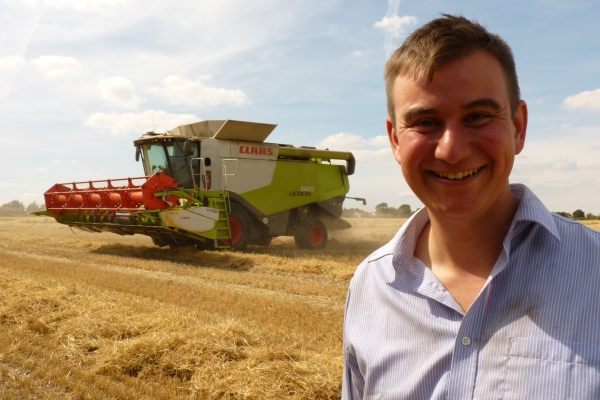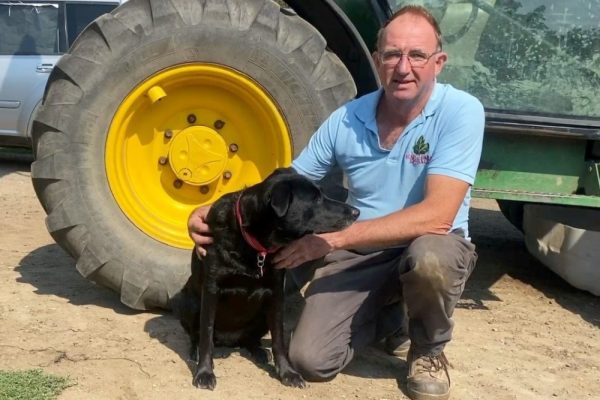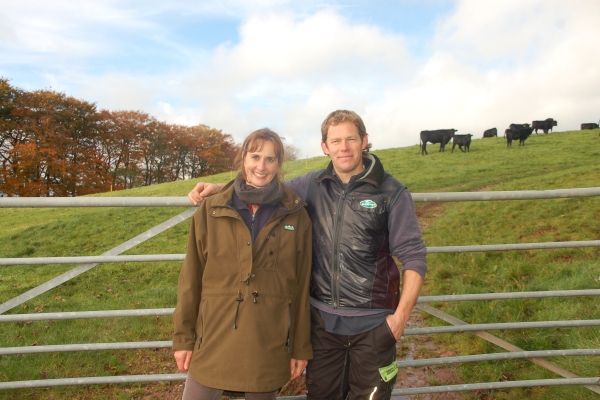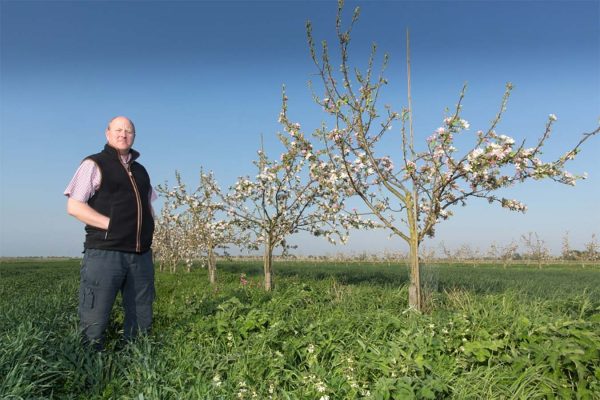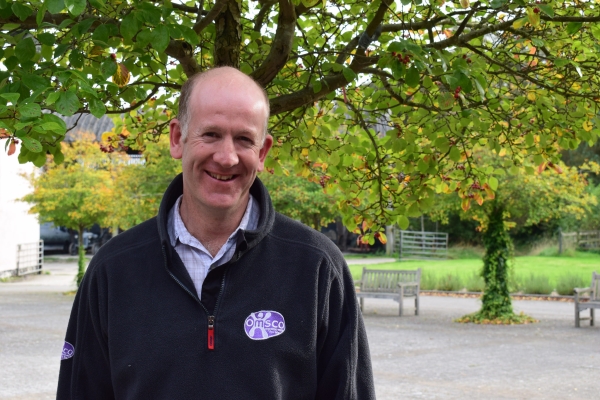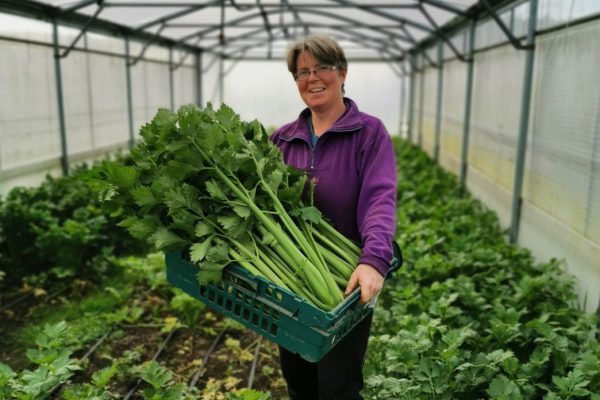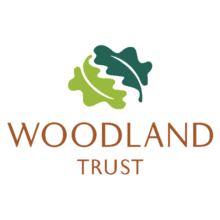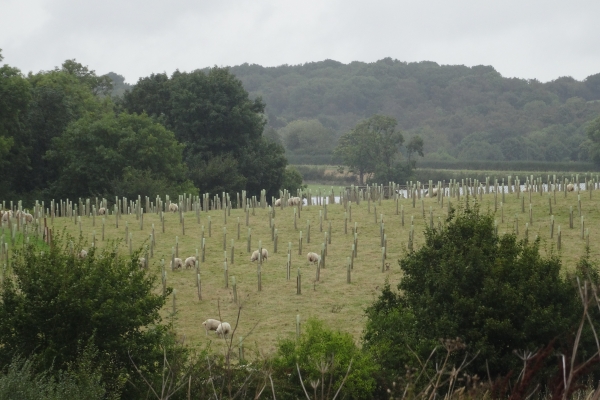Tree Amble Podcast
Resource explained
Tree Amble is a podcast which started in June 2023 celebrating the author (Pete Leeson)’s 30 years in conservation, featuring 30 interviews, each about an hour in length. Each episode is an interview with one or more people usually looking at one subject. The aim is to have a positive conversation on a farm, at a conference or in a wood. Pete Leeson says of the podcast “This is a social science endeavour uncovering positive actions which bring people and nature together with the hope that we can inspire better climate and nature approaches to land management.”
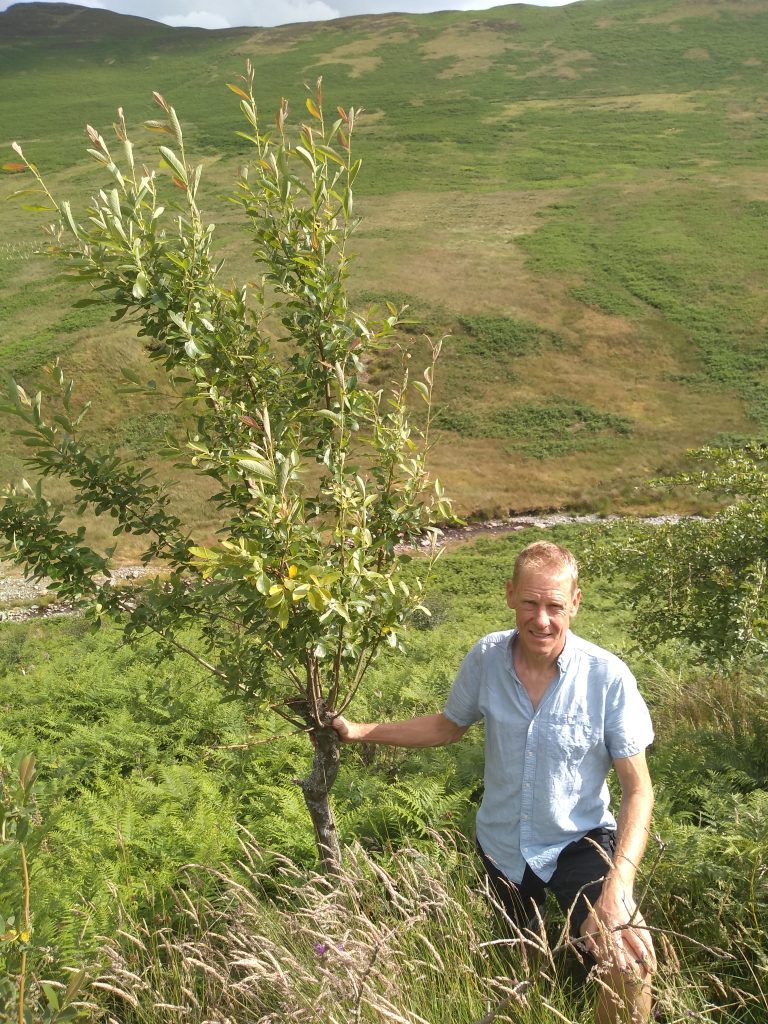
Findings & recommendations
- The key message of the podcast is that there are many people thinking about managing land for food, nature and people – many without a voice. The podcast series aims to help to bring perspective to their actions and challenges.
- People are concerned about our impact on the planet but need support and advice from others to assist them in making positive changes.
- Episodes to date (as of November 2023) have featured a diverse range of farms, topics and and locations ; from Cumbrian dairy farmers, Yorkshire upland farmers, Pasture for Life farms, members of the NFFN and individiuals working to save ‘Scotland’s Rainforest’ to approaches to local flood management, to Wakleyns and Carbon Calling 2023…
- There are many facets to working to restore nature in forests and on farms, it is not a “one size fits all.” approach People openly voice their approaches and their mistakes in these podcasts.
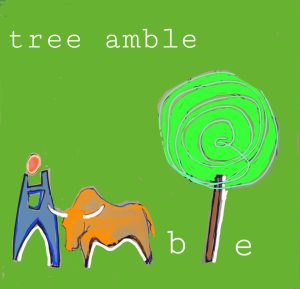
Summary provided by:
Pete LeesonEdited by:
Janie CaldbeckRelated articles
Speaking to a good friend of mine recently about agroforestry, and trying to explain what I actually meant by it, I ended up flippantly saying...
Jonty Brunyee reflects on the 4th EURAF conference, held in Nijmegen, Netherland. He covers the array of sessions held over the three-day event, and the...
For many rural communities, hedgerows are a defining feature of their local landscape, as well as a vital resource for biodiversity. But despite their importance,...
Following a well-received evidence review in which the main factors holding back agroforestry in England were identified, the Agroforestry ELM Team, led by the ORC,...
It’s important to look at your woodland in the context of other trees. What’s going to be there in the long term? Don’t assume that...
"...our focus is now on woodlands you can graze animals through and designing them that way - and we have gone from more of a...
Great Wollaston is a 242 acre mixed family farm on the edge of the Shropshire Hills on the English/Welsh border. We grow winter wheat and...
"I don’t look at irrigation, pest control, planting and weeding separately… the system is set up as one whole organic system and trees are integral...
"One of our main concerns is delivering optimum results for both animals and nature by maintaining a balance and preventing woodland and scrub from overwhelming...
"Agroforestry adds value to the farm in many different ways - being part of our ‘enterprise stacking’ (the sum of all the smaller elements), is...
"Fobbing Farm is a 1,200 acre (485 hectare) zero tillage and zero insecticide arable and livestock farm in south Essex... My main goals in farming...
Mike Mallett is farm manager of Maple Farm Kelsale, a 138-hectare family farm situated 3 miles from the Suffolk coast. The farm converted to organic...
"Our motivations for better grassland management are to be productive without the use of sprays and fertilisers, and to farm in an ecologically ‘right’ way...
"Agroforestry provides risk management against climate change and extreme weather events. It also means we can grow a mix of perennial and annual crops..."
I run the family farm, near Shrewsbury in Shropshire, in partnership with my wife Louise and my parents John and Chris. It has been organic...
...They are “organic, grown with nature, small scale and local.” The vegetable cropping is just under 10 acres and is part of a larger 130...
The Woodland Trust is the UK’s largest charity championing native woods and trees.
This 'Farming the Future' A Team Foundation - funded project aims to promote agroforestry as a way of farmers and landowners simultaneously and sustainably growing...
